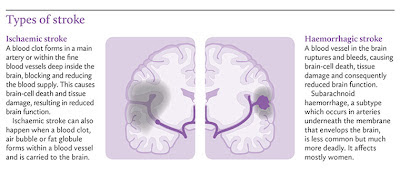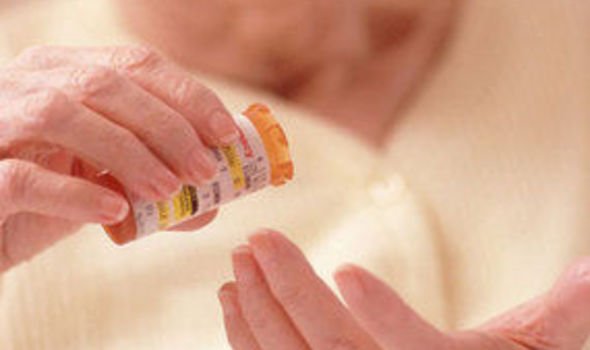Brain attack: Strokes occur when blood stops flowing to a part of the brain, often because a blood clot gets lodged in an artery supplying blood to the organ. istockphoto/Eraxion
Pill Could Reverse Effects Of A Stroke Long After It Hits -- Technology Review
One pharmaceutical company aims to lengthen a stroke's drug-treatable period from hours to months.
For the 800,000 people in the United States who suffer a stroke each year, the window for drug therapy closes in the first few hours after the attack. That leaves some seven million stroke survivors in this country alone with no medical alternative beyond physical therapy. A small pharmaceutical company in New York hopes to change that with a drug that may help patients regain some of their lost mobility six months or more after a stroke.
Read more ....
My Comment: Our family had to take care of my father for 7 years after his stroke. I know that any advances in treatment will help millions.









